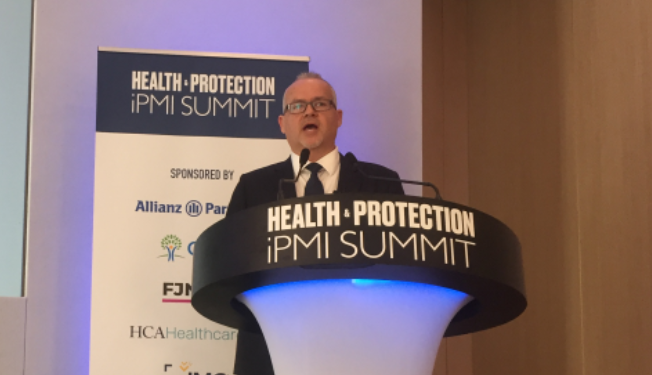A large scale sophisticated fraud is currently affecting international private medical insurance (IPMI) providers across the globe with the US Federal Bureau of Investigation (FBI) being consulted, according to John Carpenter, chairman of the Association of International Medical Insurance Providers (AIMIP).
Speaking at the Health & Protection IPMI Summit at the Grove Hotel in Hertfordshire, Carpenter told delegates about the fraudulent activity which has been affecting insurers for the past few years and warned that fraudulent activity in general could account for 15% to 20% of insurers’ costs right now.
He explained the fraud involves the use of four or five hundred stolen aliases to buy policies and in most cases has involved policies bought directly by clients and not through a broker.
The perpetrators tend to invest in a low end product and within six months bring an emergency claim over a weekend where they say they have had treatment on a Saturday and have been discharged on a Sunday morning, pay a large bill themselves and then submit a claim for reimbursement.
Carpenter (pictured) added that in this case the premiums are being paid using stolen credit cards mostly out of the US, while the claimants can be based anywhere.
He further revealed AIMIP has spoken to different law enforcement agencies around the world and the FBI has been involved in investigating this fraud at some point.
Speaking about fraud’s impact on the sector, Carpenter added: “I think what seems to have happened over the past 10, maybe 15 years is there’s been this developing attitude that it’s okay to either try and defraud your insurer, to lie to your insurer, to not disclose to your insurer.
“The problem with that is that instead of spending all of our time trying to improve our service and doing a good job in terms of paying legitimate claims, my claims team and claims team from my colleagues are taking an awful lot of time reanalysing claims that they may have already paid.
“They are going into a lot more detail on stuff than they would otherwise have done and trying to recover costs from both clients and healthcare providers.”






